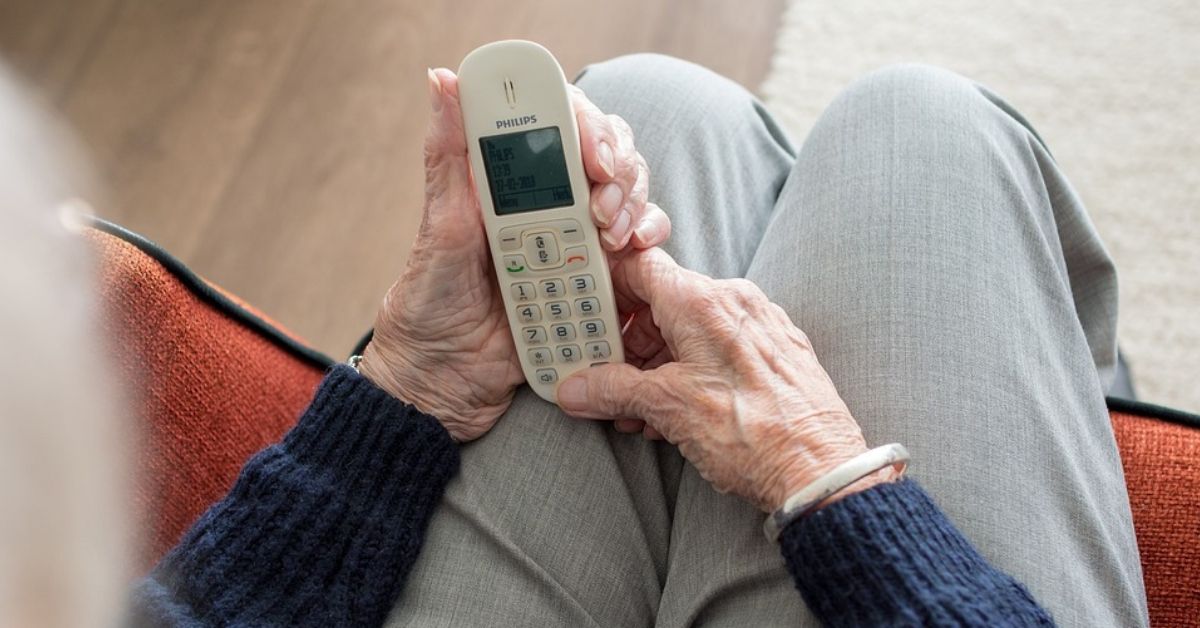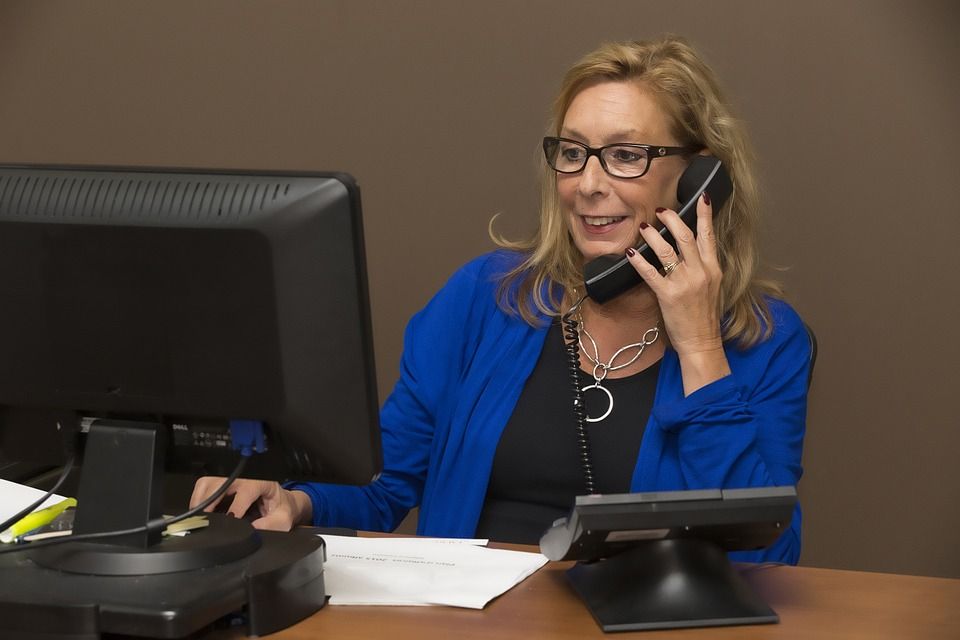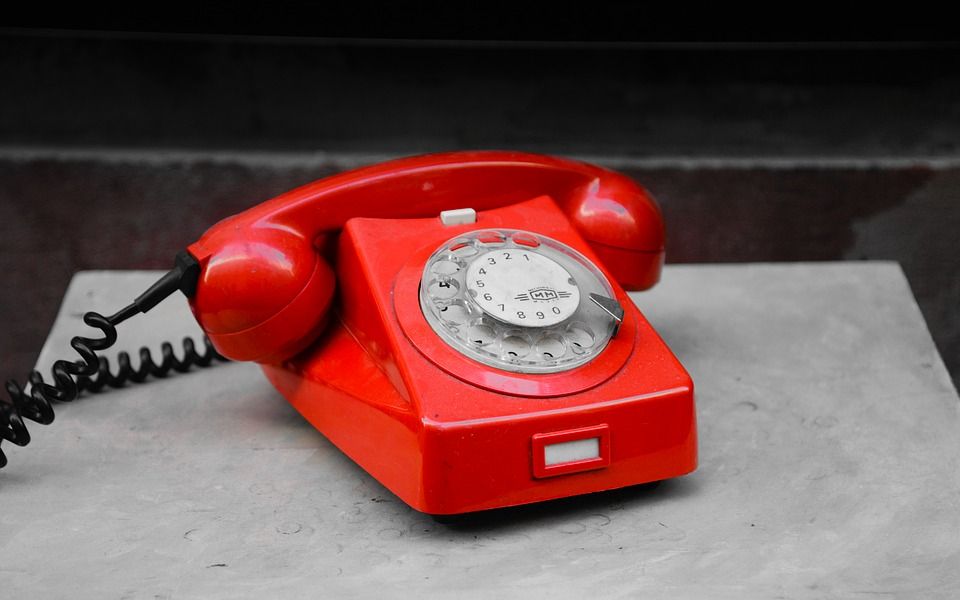We've all been annoyed by telemarketers before, right? They call us seemingly as soon as we sit down to dinner, trying to sell us a cruise or get us to participate in a market research study, but most of us don't have the patience to deal with their interruptions.
The worst thing about these unsolicited calls is that some of them are actually scams, and their ability to trick people into believing they are legitimate can cost people a lot of money.
One particular scam has made a bit of a comeback lately, and it's catching people off guard all over again. It's the old "technical support" scam and it can turn into a really bad situation.
What happens is that people are receiving a call from someone who claims to be a part of Microsoft or some other large and recognizable computer brand, and they claim that your computer has been infected with some kind of virus or malware that they need to access your computer to disable it.
They convince the person on the line to share their screen with them, giving them access to your entire computer. They claim to do a search and then will "diagnose" a major problem that can only be fixed with a certain type of software that costs a lot of money.
The other option that is common with these tech support scams is that while they are looking through your system, they actually install a virus themselves. This gives them a backdoor into your computer and basically allows them to get all of your passwords and information needed to break into your accounts.
That means your credit cards, your bank accounts, and any other personal information becomes available to them with just the quick click of a button.
It's especially dangerous when these viruses get onto business computers, because there may be the personal information of clients, as well as all the staff.
The best way to handle these scam calls is to hang up and not give them any information about your computer.
If you were convinced by the 'tech support' scam, you have to make sure you report it right away. Report it to your credit card company, to the Federal Trade Commission, and even the police.
Yes, it can be a little bit embarrassing to admit that you were scammed, but it's better to take action instead of ignoring it because it will save you and other potential victims in the long run.
It's also important to keep a close eye on your credit card statements for the next few months, just in case they managed to get the numbers before you can switch it all out with the credit card company.
While it's a little creepy that people can call you and managed to change your entire life just from one simple mistake, it's always important to know the risks.
Make sure to remind people of this scam, because even though it's been around for a while, you really don't want anyone to make this mistake.
Source - Reader's Digest / MSN / Jive / Federal Trade Commission
Have you ever received a call like this before?




